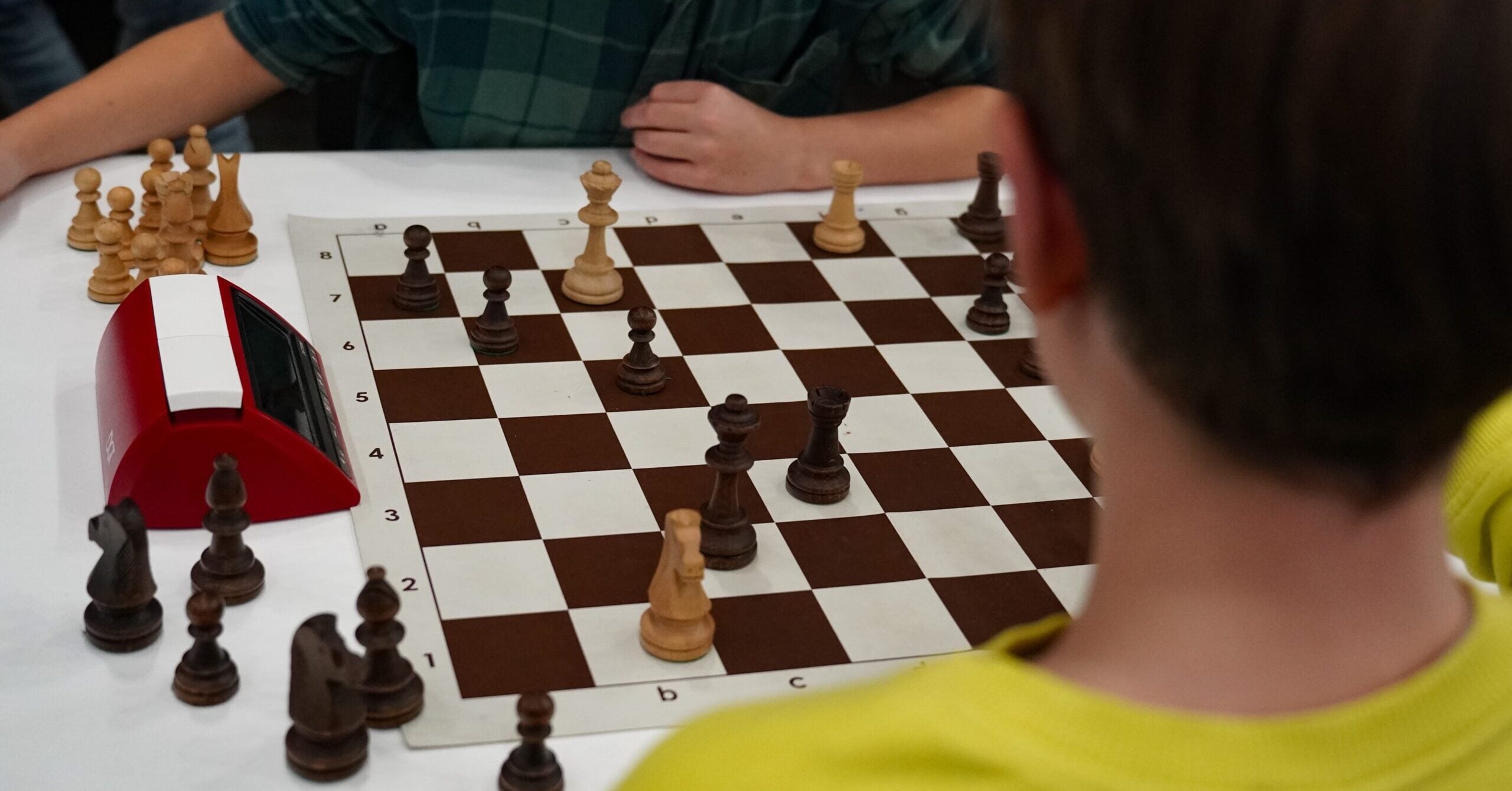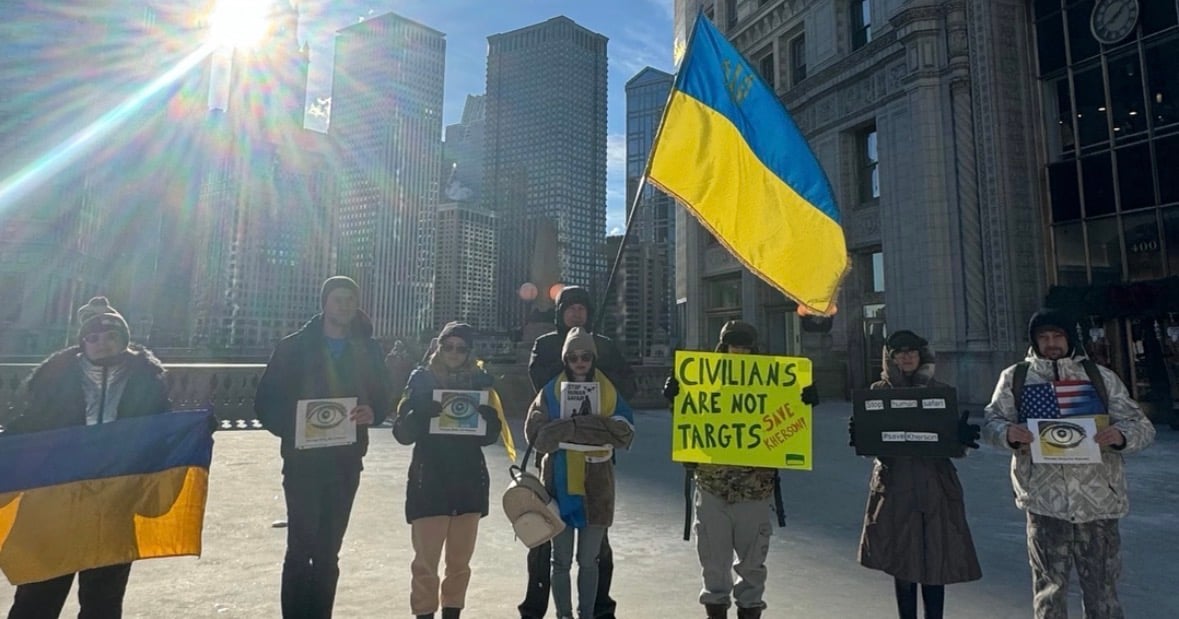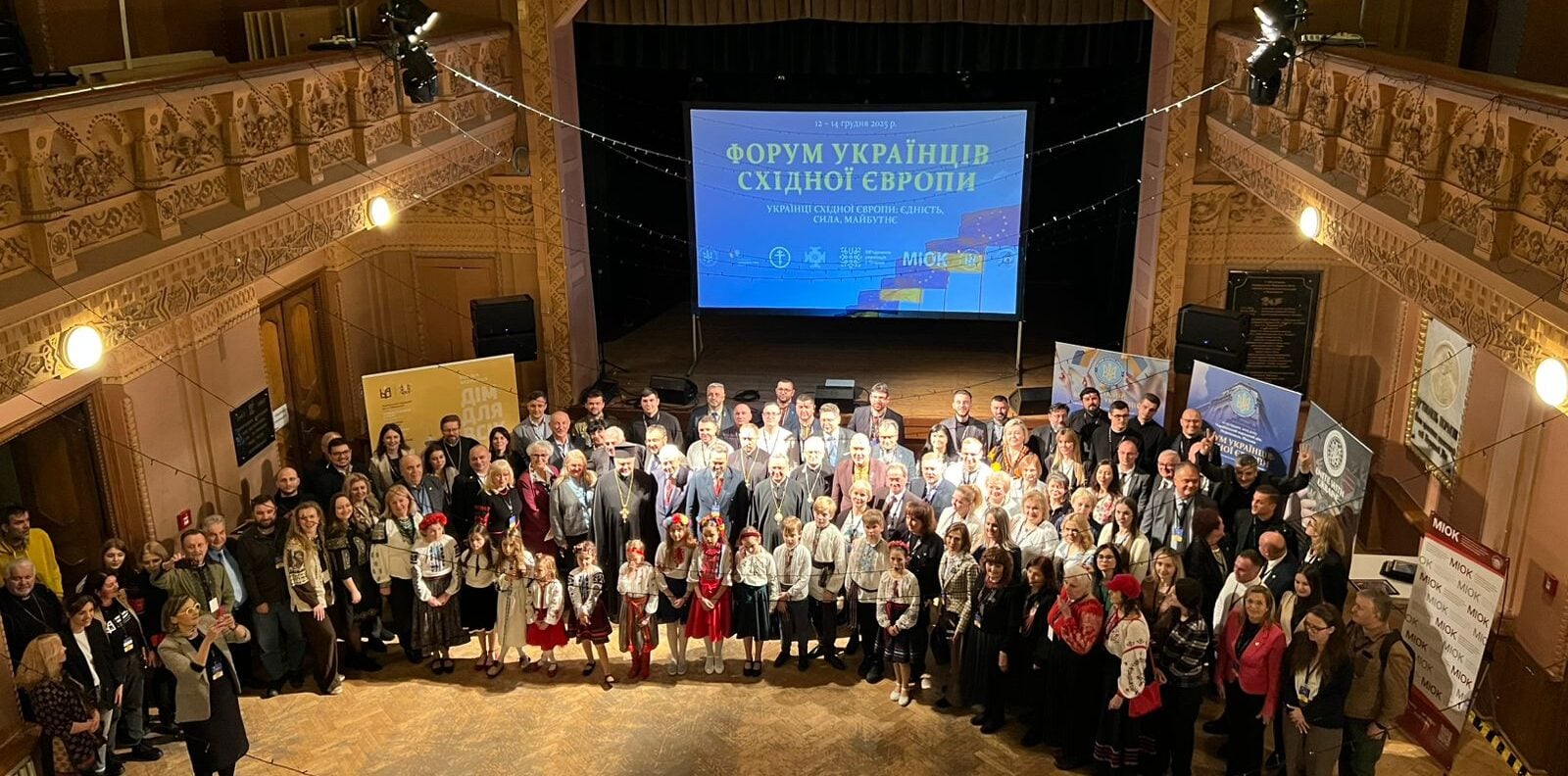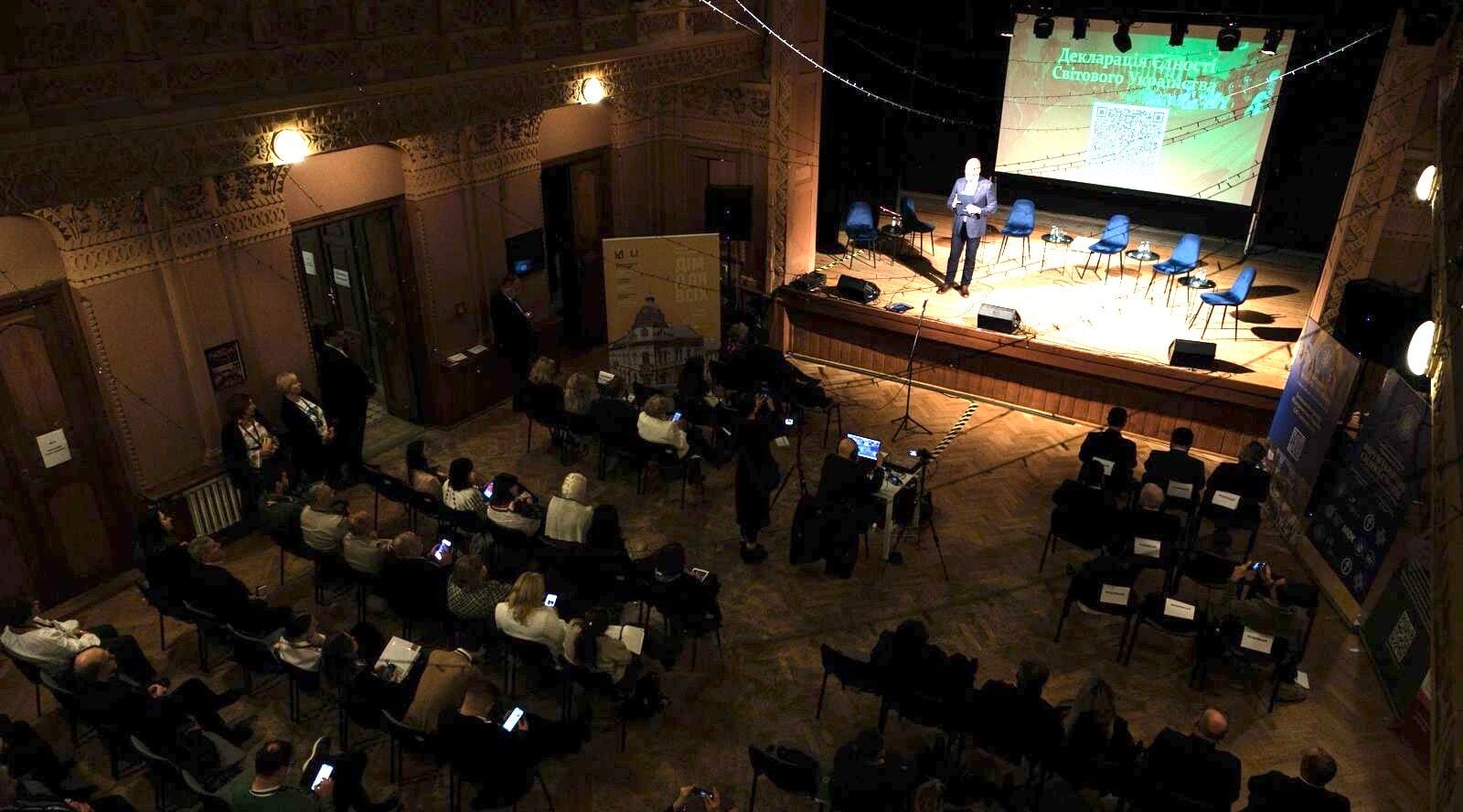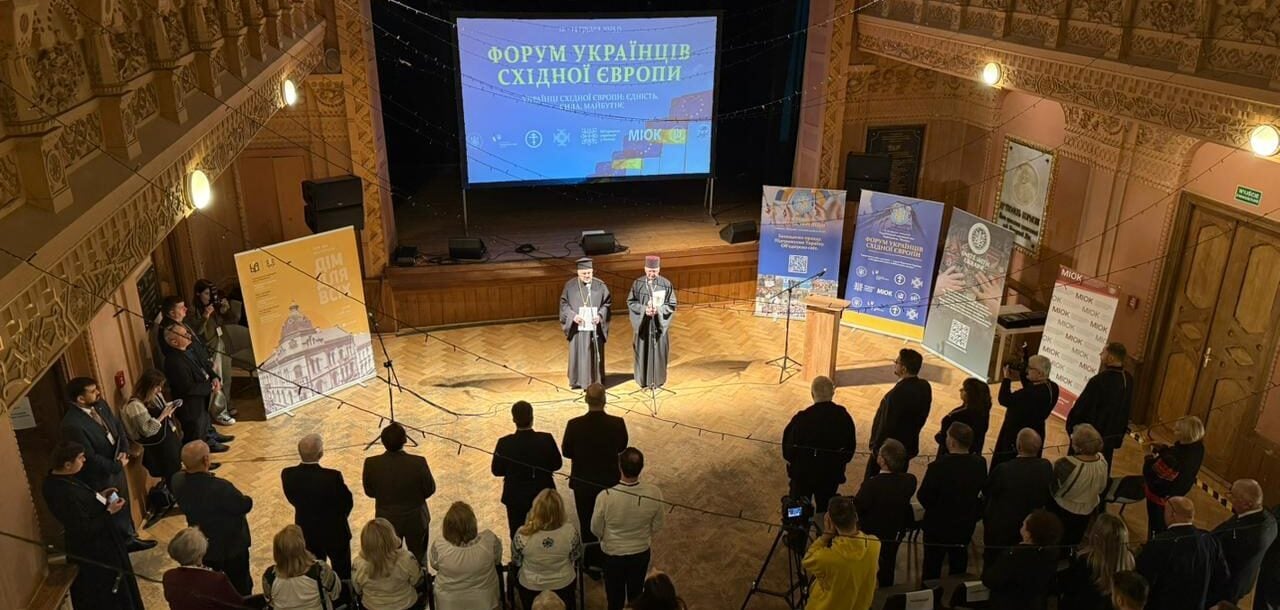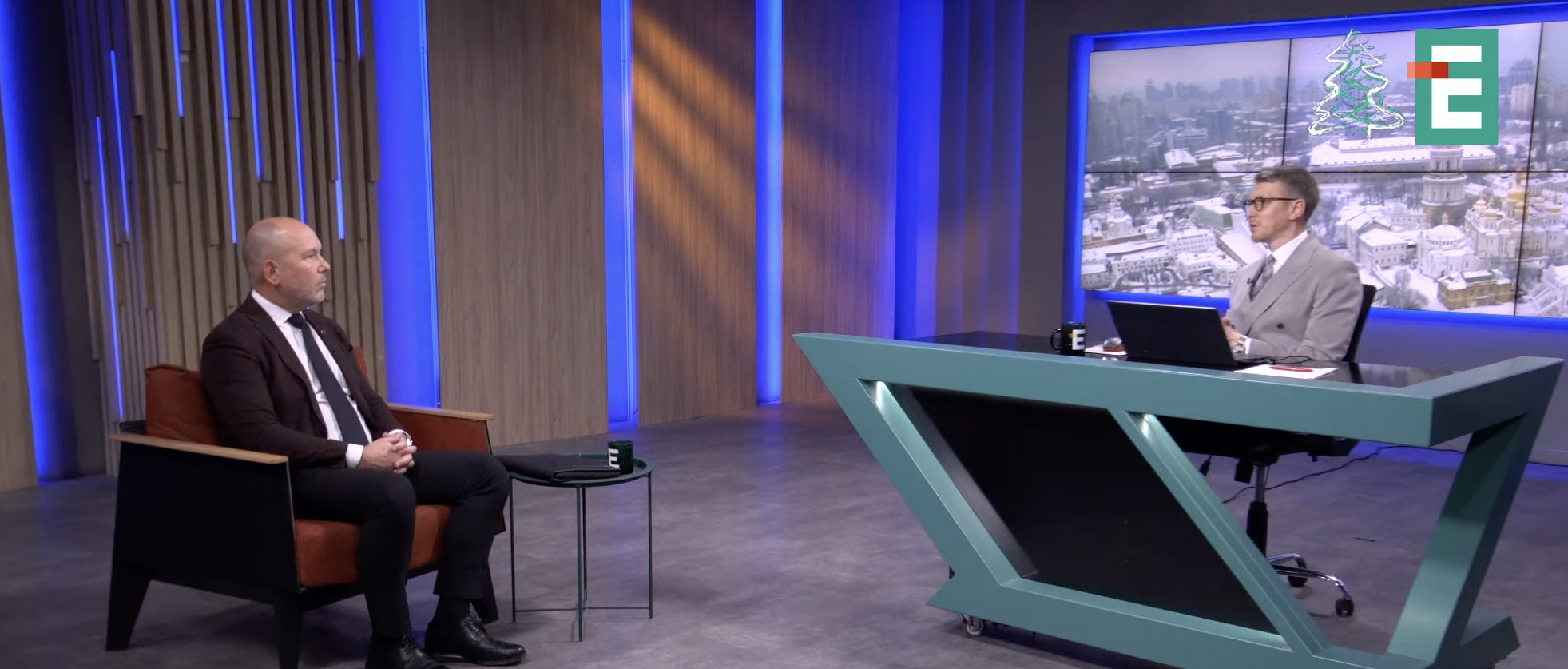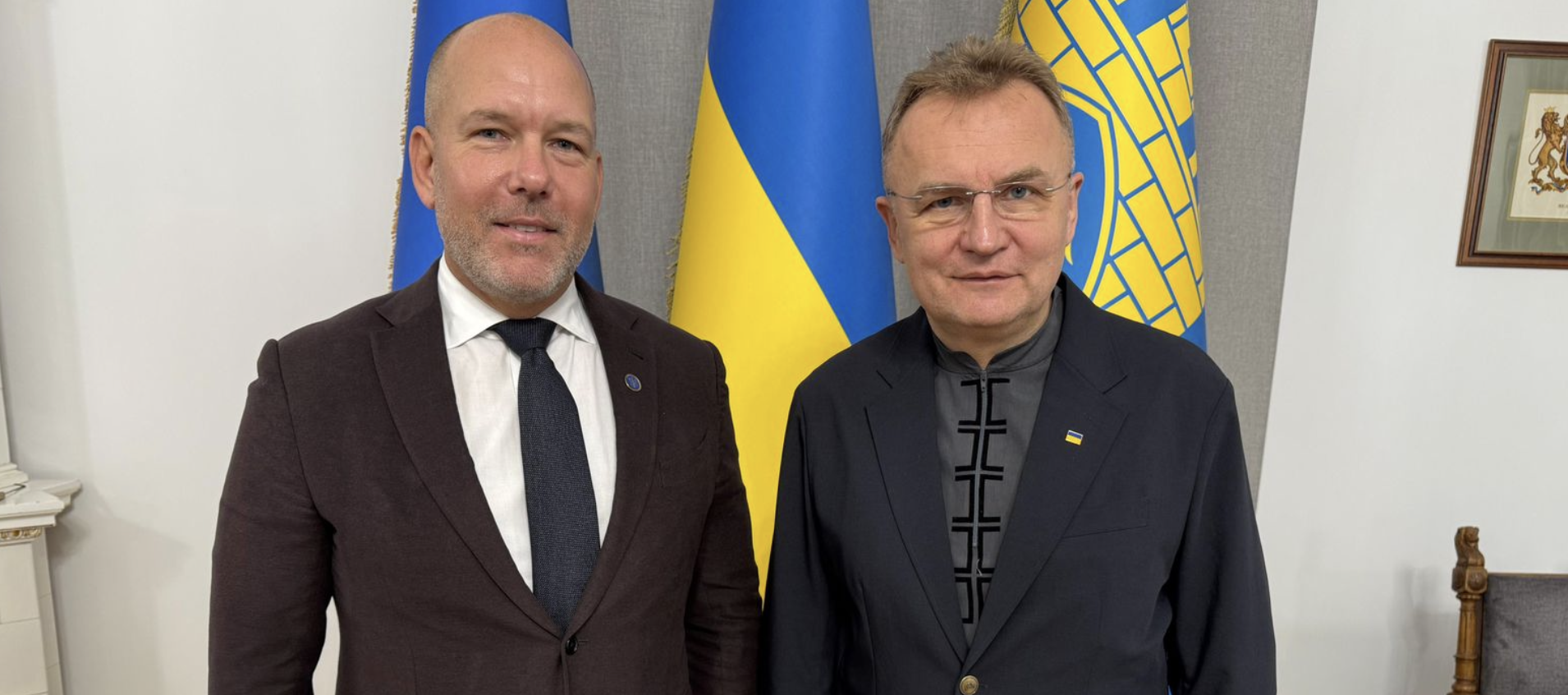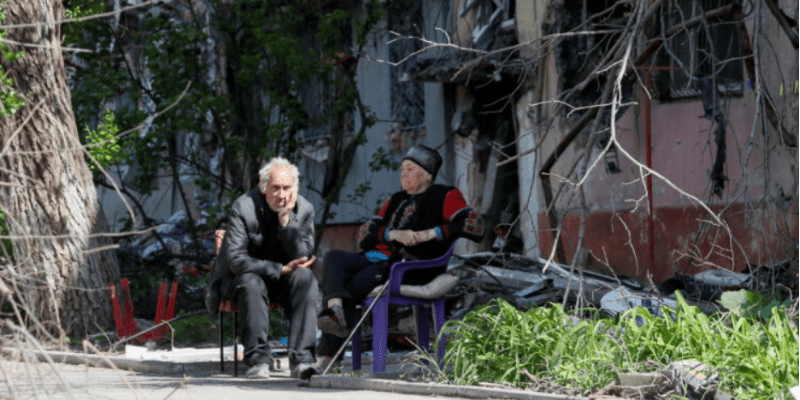
Unlike the creeping occupation of ORDLO for the last eight years, the Kremlin is trying to brutally crush Kherson and Zaporizhzya in a matter of weeks. Is the Ukrainian government aware of this?
Details of the occupation are found in the material of a joint project of the Civil Network OPORA and ZN.UA.
According to human rights activist Olena Luneva, “It is important to give people under occupation something more than new statutes in the Criminal Code,” in reference to Bill 7186 which amended the Criminal Code of Ukraine and strengthened criminal liability for aiding and abetting Russian occupation with a punishment of up to twelve years in prison.
The law is designed to send signals to local authorities who have remained in place to keep cities running but have not joined the occupiers.
It is more important now than ever to not try to save on financial support for citizens in the temporarily occupied territories. Rumors of delays in the payment of pensions or salaries for teachers are much more frightening and demoralizing than news that the occupiers are digging in and consolidating. Conversely, there is nothing more convincing about the inevitability of our victory and the liberation of the occupied territories than the state’s fulfillment of its financial obligations to the people who remained in occupied territories. Even with the lack of physical contact, it is important and possible to maintain communications and provide administrative, educational, financial and other public services to residents of the temporarily occupied territories, in particular, using digital tools.
It is unwise to demand active resistance or guerrilla warfare as the only right alternatives under occupation in order to avoid disenfranchising passive yet potentially important pro-Ukrainian segments of the population. Thus far, Russia is slowly capturing and occupying Ukrainian territories, but is losing the war to the people who live there.

